Carmen Simon is a consultant for Keecha Harris and Associates, Inc. In this KHA Q&A she shares why she thinks everyone should have the opportunity to win.
Carmen Simon
KHA: What was your path to KHA?
CS: It all started on a bus somewhere in Europe. The people on that bus were my mother and Keecha. They were both food and society fellows with the W.K. Kellogg Foundation, and after my mom met Keecha, she said, ‘You should meet my daughter, you all are both strange! But I also think you have some professional interests that align.’
When I became a program evaluator for the legislature in South Carolina, we realized our interests really did align. Initially, I was brought on to do program evaluations for nonprofits. I was excited to learn some different methods. With the state, there’s less space for innovation in how you collect information, and I was excited to start with KHA and learn a different way of doing things.
KHA: What’s been the most rewarding part of your work here?
CS: Seeing people do really good work nationally. From an evaluation perspective, part of the goal is to nitpick the problem, but I also looked at it as a way to highlight the good that was going on. I found that personally rewarding.
Also, I like to see organizations be the best they can be, so I like our role in helping organizations improve.
KHA: Why should organizations care about racial equity?
CS: Organizations are built for the purpose of serving people, and they are receiving a tax benefit for doing so. Because of that, they should not intentionally be a part of any infrastructure that holds people down.
More specifically, they should not be a part of the infrastructure that is structural racism. They are receiving a tax benefit that’s on the backs of every person, so they should not be in the business of building up structures that would oppress a portion of the people they’re receiving that benefit from.
KHA: Why do you care about racial equity?
CS: I really want to see everyone win, which I know is kind of crazy, because in order to have winners, you have to have losers. But I do think there shouldn’t be barriers to anyone achieving their ultimate levels of life, liberty and the pursuit of happiness.
That may mean tearing down a fence or providing more inputs to certain groups of people, particularly if, in the past, a particular group of people has been marginalized. But it’s more than just tearing down barriers and adding additional inputs. It’s thinking along the lines of, ‘We’ve done this bad, and now we need to make up for it.’
KHA: If you could recommend one book, related to your work, what would it be and why?
CS: My nonprofit textbook from law school, Nonprofit Law, only because whenever I think about that class, I think about how the professor told us not to refer to nonprofits as nonprofits, but it would help you remember why they were built if you think of them as not-for-profits.
In this work, hopefully we help organizations operate optimally, but it helps me remember that these organizations are still supposed to operate like a business, but their money goes back into their good works.
KHA: What’s something about you people might be surprised to know?
CS: I am an introvert that loves to throw parties. I get energy from them. Generally introverts don’t get energy from being around lots of people; it drains them. But for some reason I get energy from throwing gatherings.

